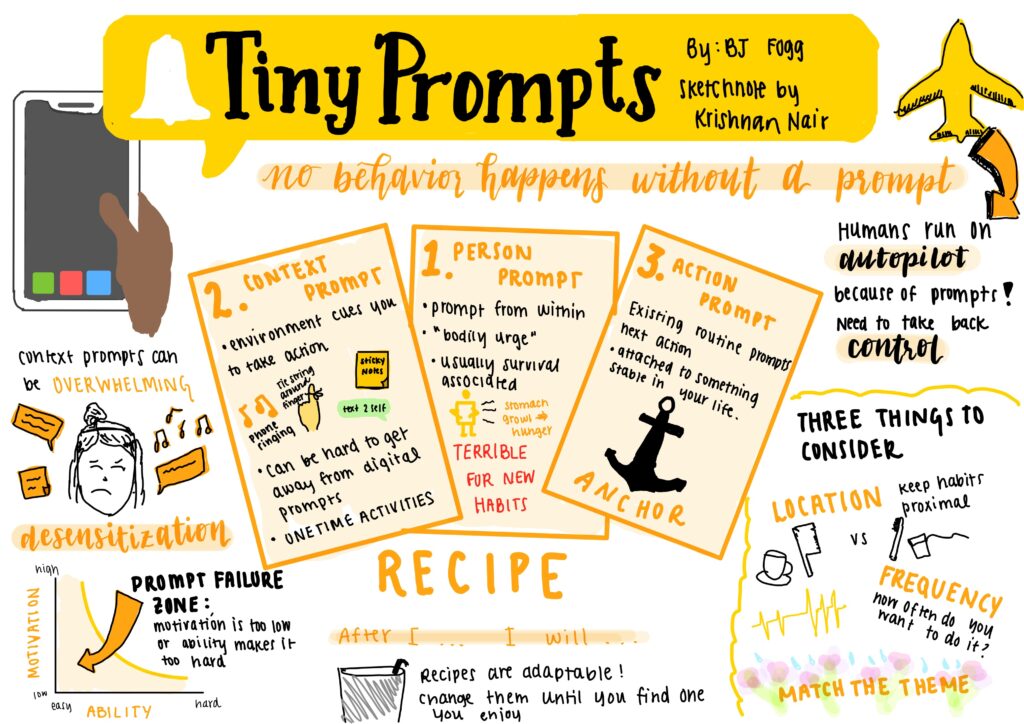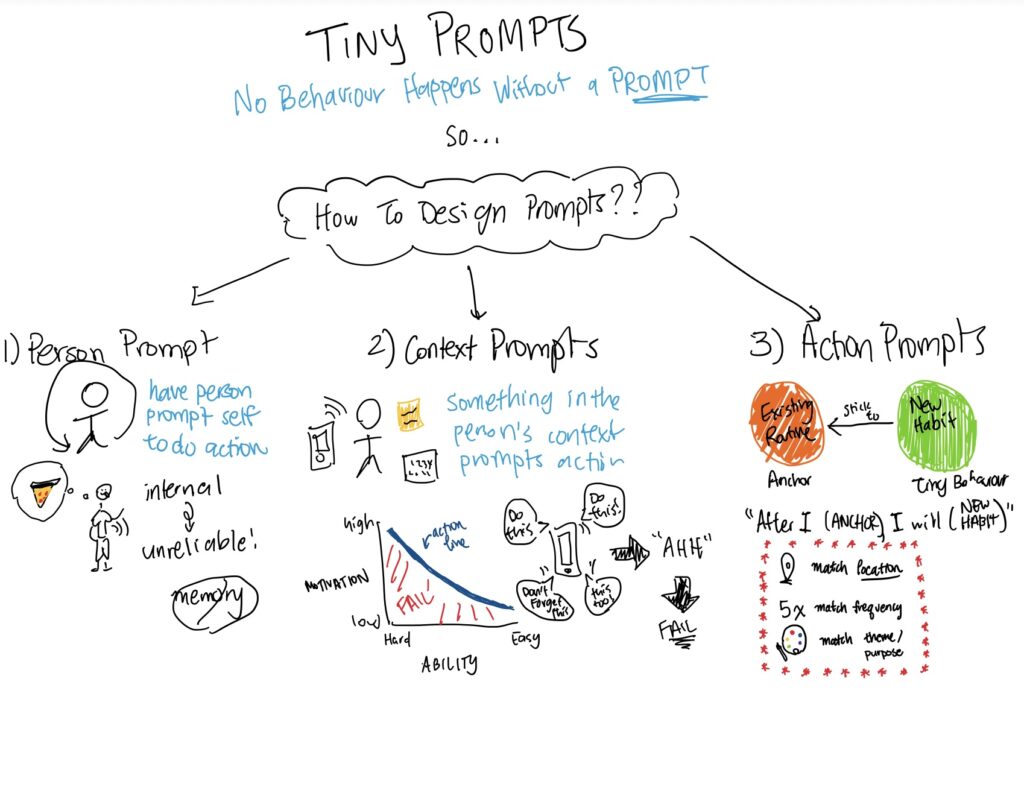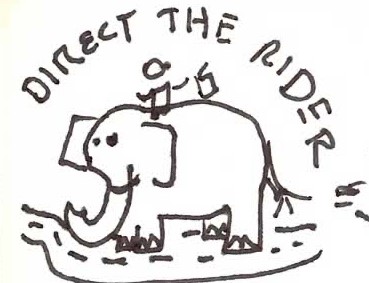This spring, I attended the delayed Stanford 2020 graduation ceremony. I witnessed the announcer speak into his microphone, reading through all the accomplishments each graduate completed during their time at Stanford and what they are up to now – two years after graduation. What I heard during this hour-long ceremony was a series of ironies. One so far as to say how a student wrote their thesis about how misinformation can lead to genocide, and now they are working at Facebook.
The stark juxtaposition of values Stanford students seemed to care so much about during their undergraduate years to how they spend their time and energy two years later was utterly shocking. “This will never be me,” I thought. I assumed I was on some moral high horse, too good to work for an evil big tech company. All that, until I returned to Stanford this fall, and two weeks into being on campus, all this “moral superiority” went out the window. The truth is, I’ve never felt more peer pressured to work in big tech or consulting than at Stanford.
I spent this past summer living in a cramped 8-person hacker house, working on cool projects for the future of housing. I was learning all about how to leverage new technology, met the coolest people working in the industry, and felt super fulfilled in the work I was creating. But as my summer ended and it came down to showcasing my accomplishments on LinkedIn, I was stumped. There was no “career title” or clear metrics to summarize what I did. On top of that, the projects I worked on made no money. And I had to support myself financially by doing tutoring gigs on the side. All this while living in expensive NYC, surrounded by friends who worked at Facebook, getting prime corporate intern housing in a luxury apartment building.
They had managers to ensure they were “on track” and tons of career advancement opportunities. Post-summer, their Linkedin career summary was tied up in the biggest bow showcasing how employable they would be for a full-time career post-graduation.
Coming back to Stanford was coming back to face the reality of the bubble I’m in. The prestige, money, and security that many of my peers valued made me question and nearly regret how I spent my summer. The truth is people naturally value different things when selecting their careers. Valuing prestige, money, and security is not necessarily bad, but we should ask ourselves “why” we value these things. For me, I valued these things because that’s what the peers around me valued. But it wasn’t true to what I wanted.
I have the privilege to go down a career path that aligns with the things I prioritize. But that’s because I have a lot of privilege in my reality. I can live back at home if money gets tight. My parents are supportive of whatever I do and don’t pressure me to have a certain career. I have “Stanford” on my degree, which (hopefully) means I’m still semi-employable if I change my mind and decide to get a traditional corporate job. So, to answer the question “Would I work at Facebook” the answer is… no. But not for the reasons you would think. If you asked me last spring, I’d argue that my decision came from a moral high ground, that I couldn’t fathom working for evil big tech. But if you ask me now, my reasoning is not as simple as that.
Truthfully, with my past unconventional career history, I’m not sure I could even land a job at Facebook, and I don’t exactly have the dedication or desire to try. But the bigger reality is my background provides me with the privilege that I don’t have to consider this moral dilemma heavily. I like working on my little projects (even if it means I don’t look very employable on LinkedIn) because the work is fulfilling and makes me feel like I’m adding value to society. I like learning in untraditional ways and not having a fixed 9-to-5. I value career flexibility and not being tied down to one path. Yet, I recognize that this viewpoint is only my reality because of my lived experience.
When deciding how to dedicate your career, there is no right or wrong answer. My only advice is to be true to yourself. Decide what you value and ask yourself why you value that. And recognize the only person who can decide the right path for your life is yourself.




Wow. Just wow. What a compelling essay. Yet I wonder if there is a middle between these two poles? Perhaps work at a place like change.org?
We all need enough money to live… but what is enough? when do we say, this salary is plen ty. Part of the reason I think the silicon valley is so experience is because people here don’t know the answer to that question. Find the answer and it might be easier to find a path.